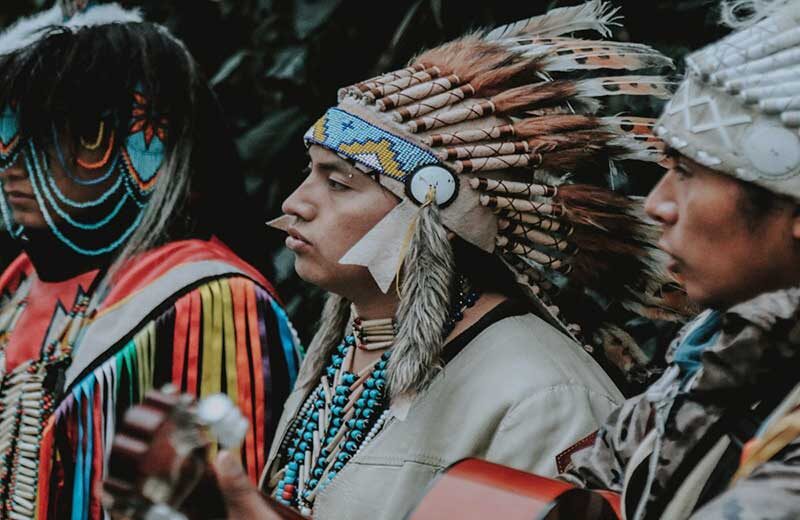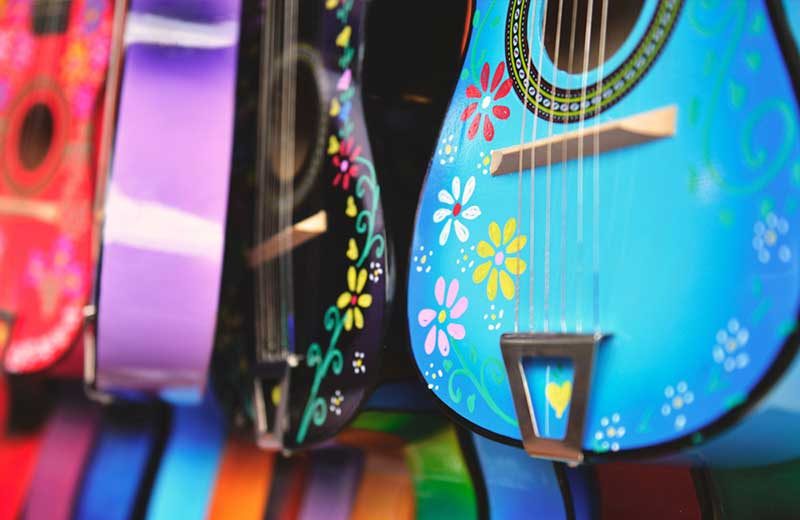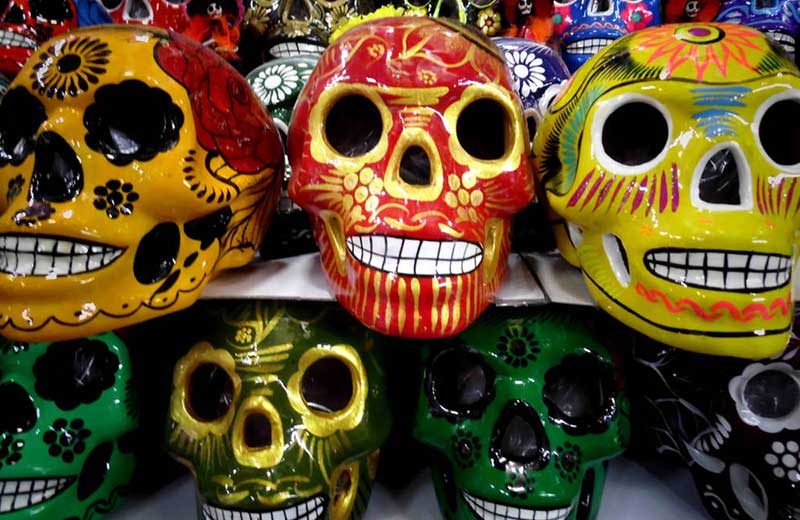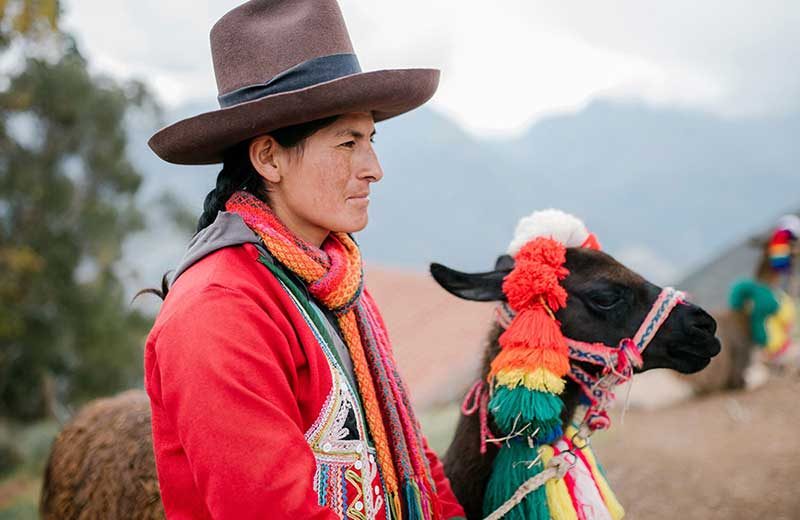Before the European conquest and all known migrations, North America was home to dozens of ethnic groups with different traditions and languages, as well as a social structure with a political organization, economy, and spirituality based on a deep respect for nature.
Times of love, family, and community
Three churches whose foundation is Christianity, coincide in their purpose of forming a community among their followers and strive to overcome the adversities of the times in which we live. With their own visions, they contribute their messages for the traditions or celebrations of the end of the year and each one invites to different reflections.
This body is not me
Most of the people in the world are going to age. And it is good news to spend more time on the planet, but, being so, we will also have to face natural challenges such as loss of mobility, physical strength, memory, sight, hearing, as well as the appearance of diseases that, at some point, they will be disabling. If these conditions were not severe, we could continue to be productive people and bring benefits to society, but no one knows how many opportunities there will be.
Music to ease the soul
Since ancient times music has been a source of comfort: it evokes moments of joy or sadness, as well as wishes for good fortune. The ancient Mexicans used to sing the Xochipitzahua, which means little flower. It was performed in all kinds of celebrations, of life and death. To this day, in many Nahuatl-speaking communities, it is used as a ritual to purify births, baptisms, marriages, santorales and funerals.
Remember the Dead
This season is full of festivities associated with the end of the summer harvests and the renewal of nature. In various traditions around the world, the dead are known to come to life and approach living people.
Stay With Us
The title of this article is part of the information campaign of the Mexican CIMA Foundation, for the prevention of breast cancer, to which they add that suffering from this disease is not a fatal sentence. Activism campaigns have a pink ribbon that distinguishes them.
Celebrate Hispanic Heritage, What Unites Us As Peoples
On October 12, 1492, Christopher Columbus believed he had reached the so-called Indies of Asia. The following explorers of the New World understood that the Italian had made landfall on an unknown continent, full of human and natural resources that would be favorable for the European economy. It was around the 16th century when the missionary Bartolomé de las Casas denounced the enslavement of the Indians, advocated for the rights of the natives and reported to the king of Spain how the original culture was destroyed.
Indigenous Women’s Day
The women who live in the rural communities of the native peoples fulfil functions of great importance in the life cycle of their population. They participate in agricultural activities, and animal husbandry, are cooks, weavers, merchants, healers, midwives, mothers, and wives and help organize all the traditional religious ceremonies that include funerals and subsequent rituals.
Tobacco, A Pleasure Of Risk
Tobacco was discovered by Europeans on their voyages of exploration to what they called the New World. Since ancient times, it was cultivated in the Antilles, in the Andes and in North America where it was used in religious ceremonies, celebration of marital ceremonies, births or as a sign of closing agreements, everyone knows the expression “smoking the pipe of peace” . Europeans were fascinated by the flavor that this plant gave off when burned and inhaled through the mouth, so they soon acquired the habit of smoking cigars, that is, rolls of dehydrated tobacco, also called cigars, habanos, or tobacco in pipes and promoted extensive cultivation of this plant in the Americas to market it.
Mother’s Day
The women of ancient times in the Americas, before the arrival of the Europeans, performed various functions in society; they were shamans, cooks, writers, rulers and midwives. They considered marriage as an essential ritual activity, where they shared with their husband all social and religious functions, especially those related to agricultural fertility rites. Being mothers was part of all the important activities to preserve the divine environment of which they were a part until the end of their lives.










